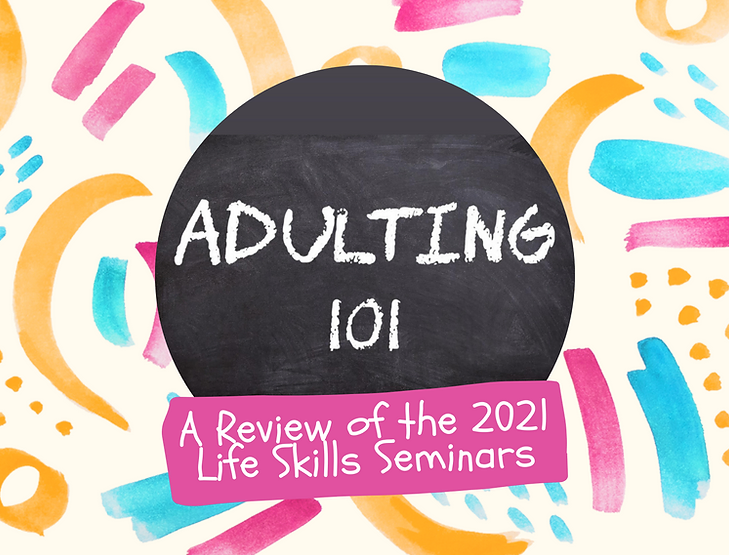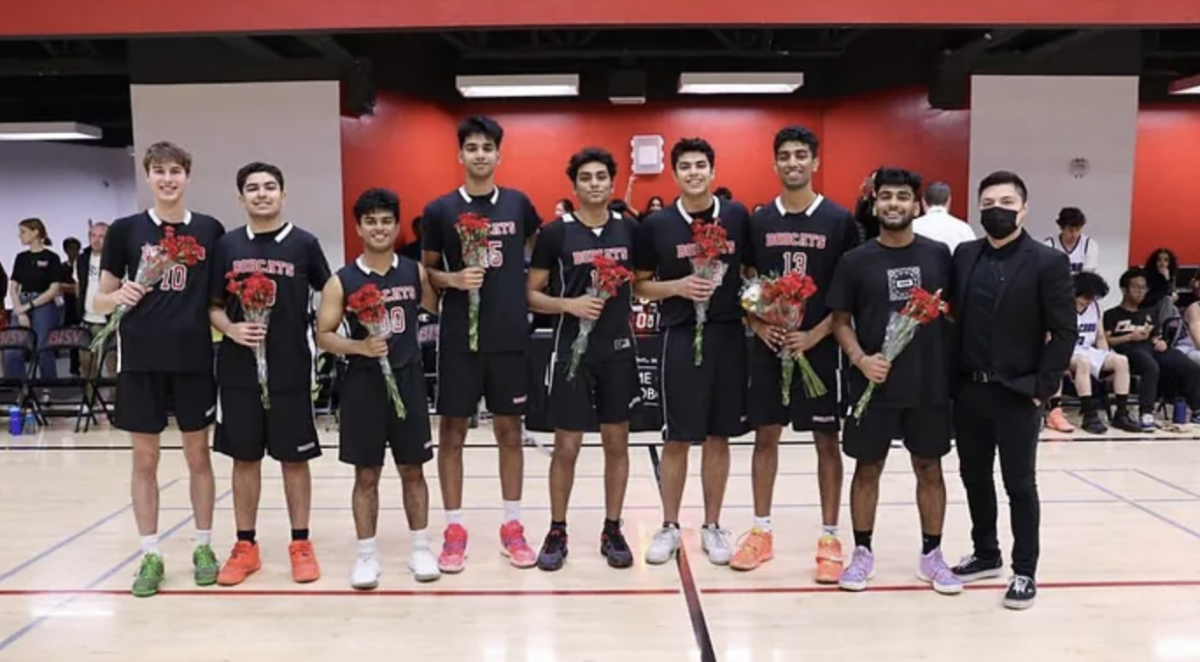Previously published Jun 2. 2021
It’s the classic complaint of every student: how does school prepare us for the real world? Starting with the Class of 2020, BISV has done its best to prevent this grumble with its Life Skills seminars: four weeks of “real-world” education for its seniors.
This year, the first two weeks of Life Skills consisted exclusively of sex ed. Topics included anatomical and biological components, consent, healthy relationships, recognizing and reporting problems and abuse in relationships, gender identities, and places to get medical or behavioral help. In addition to lectures by Ms. Angkham and take-home worksheets, students had discussions surrounding best practices in relationships and dealing with and being an ally with victims of sexual abuse and trauma.
The third week of life skills started with a two-day crash course in Personal Finance by Mr. McCorkle; in the course, students learned all about career income levels, tax basics, the expenses associated with necessities such as electricity, internet, rent/mortgage, and food, and successful budgeting practices. The main takeaway was the tried-and-true maxim: “Save more than you spend.”
Following this came a quick one-day session on caring for one’s car by Mr. Wood – performing a basic oil change, fluid check, and tire check. Since many BISV seniors are already driving, this lesson was precious in its practicality.
Another one-day lesson in Friendship taught by Dean Brady and Dean Kaminski followed, advising students about making new friends and identifying and leaving toxic friendships.
Two days of Cooking Classes taught by Mr. Wolf followed. Students went away from their desks, ready to take over the kitchen (to the joy and horror of parents). Students learned to chop veggies safely and precisely, caramelize onions, cook pasta, and all together create four dishes: Sauteed Carrots in Garlic Butter, Cacio E Pepe, Steamed Broccoli with Aioli, and Spaghetti Aglio Olio.
The penultimate lesson of this year’s Life Skills Series was Psychological Self Care, taught by Mr. Vermouth. Especially at the time of a global pandemic, this lesson was much needed and appreciated. Given that all the seniors will leave for university in the fall, with new academic paces and more challenging classes, these tips for putting oneself and one’s mental health first were constructive.
Last but not least was the Socializing and the College Experience lesson taught by Ms. Srivastava. This lesson guided students on putting themselves out there in college and making friends, and finding organizations and groups that one can be a part of both in college and for the rest of their lives. A fitting end to the Life Skills series and College Counselling in general, this lesson truly marked the transition from school to the real world, in which one cannot expect to be found but rather must put oneself out there.
We appreciate the efforts of all the teachers and administrators that participated in these sessions; nevertheless, we would like to offer some objective critique to make future Life Skills seminars more informative and enjoyable. For the cooking class, we suggest a greater variety in dishes (two similar pasta dishes is unnecessary) and more consideration for food restrictions (vegan, gluten- and nut-free dietary recipes should cover most dietary restrictions). The Finances course could have elaborated on crucial topics such as mortgages, taxes, and understanding financial documents. The general student sentiment regarding the Friendship course was that it was unnecessary. So we would suggest incorporating only the most essential lessons (such as the lesson identifying toxic friendships) into a general Socializing talk, ultimately combining the College Experience and Friendship classes.
For future courses, we suggest sewing (mending, altering), career development (internships, résumés, networking), sanitation and physical health, and public speaking (imperative for the many presentations awaiting us in our careers).
Once again, the seniors on the Quill staff would like to extend a heart-warming thank you to our teachers and administrators for their efforts.
Here’s to hoping we are prepared to adult!
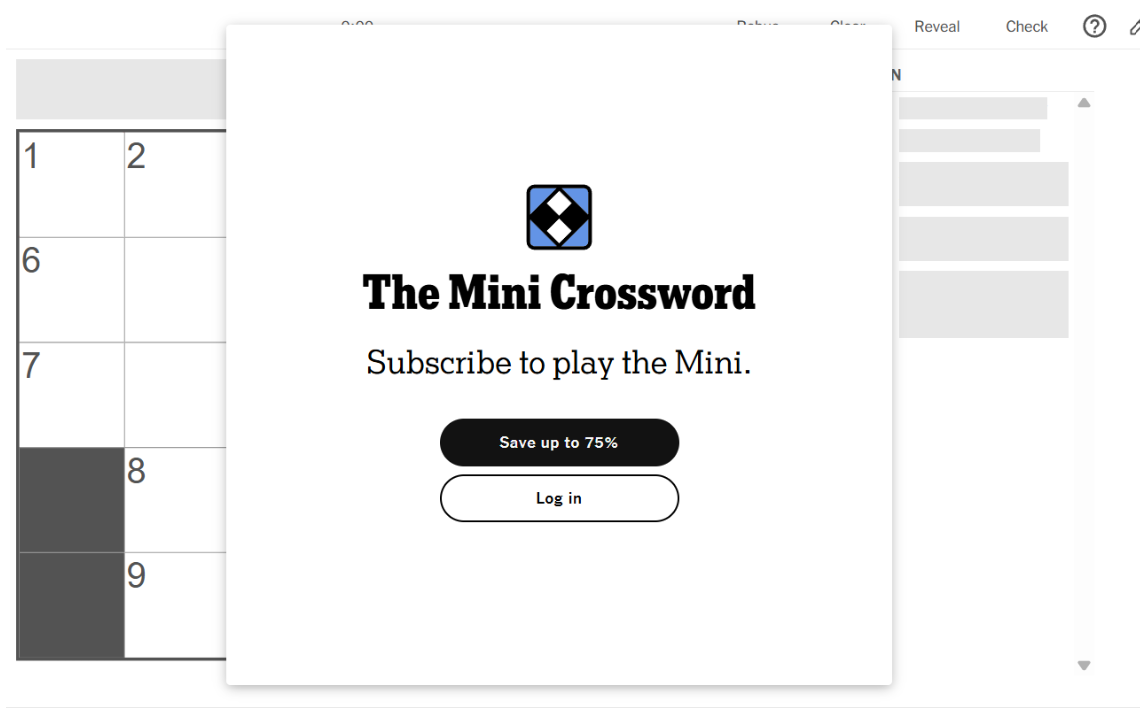







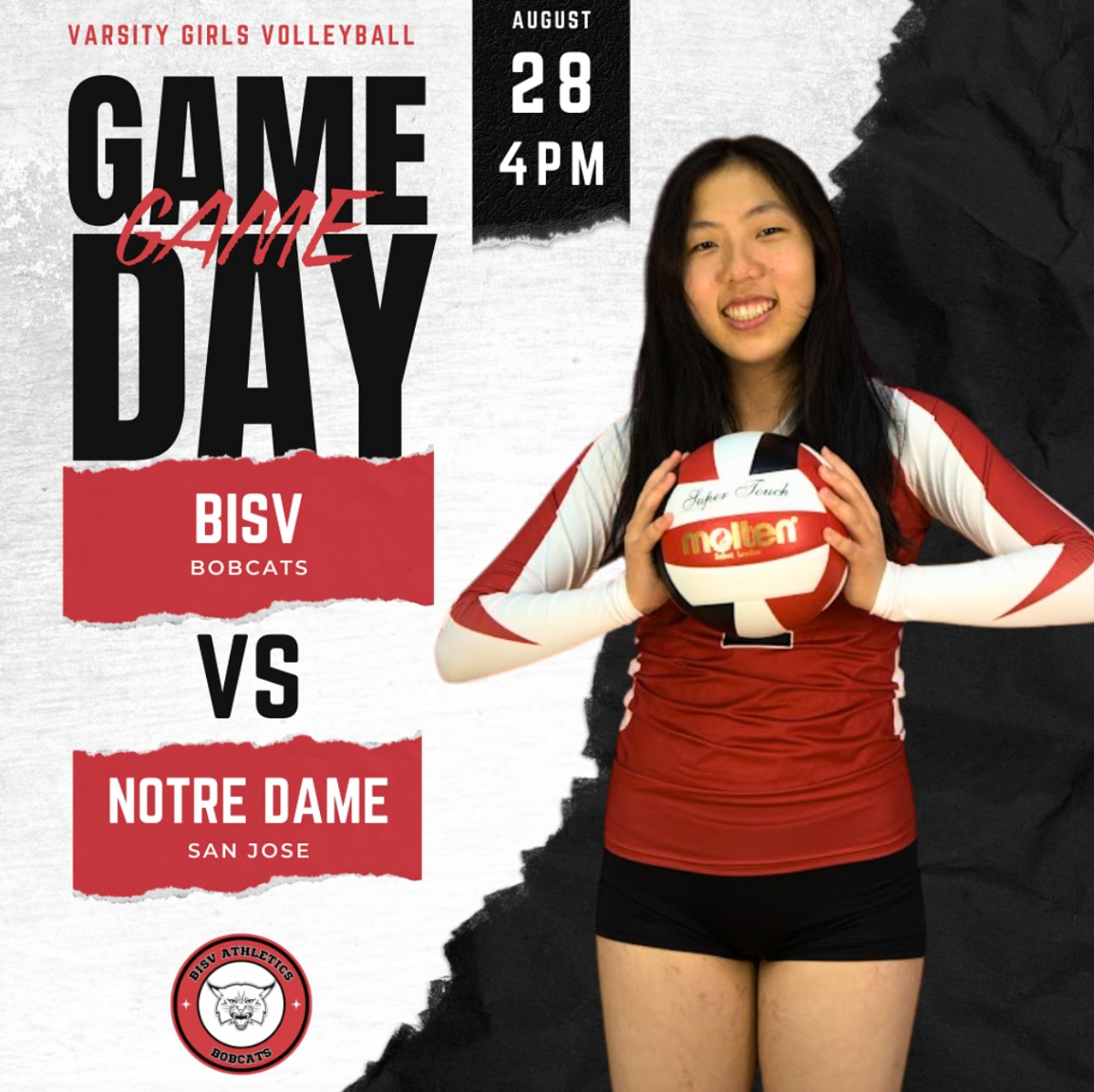


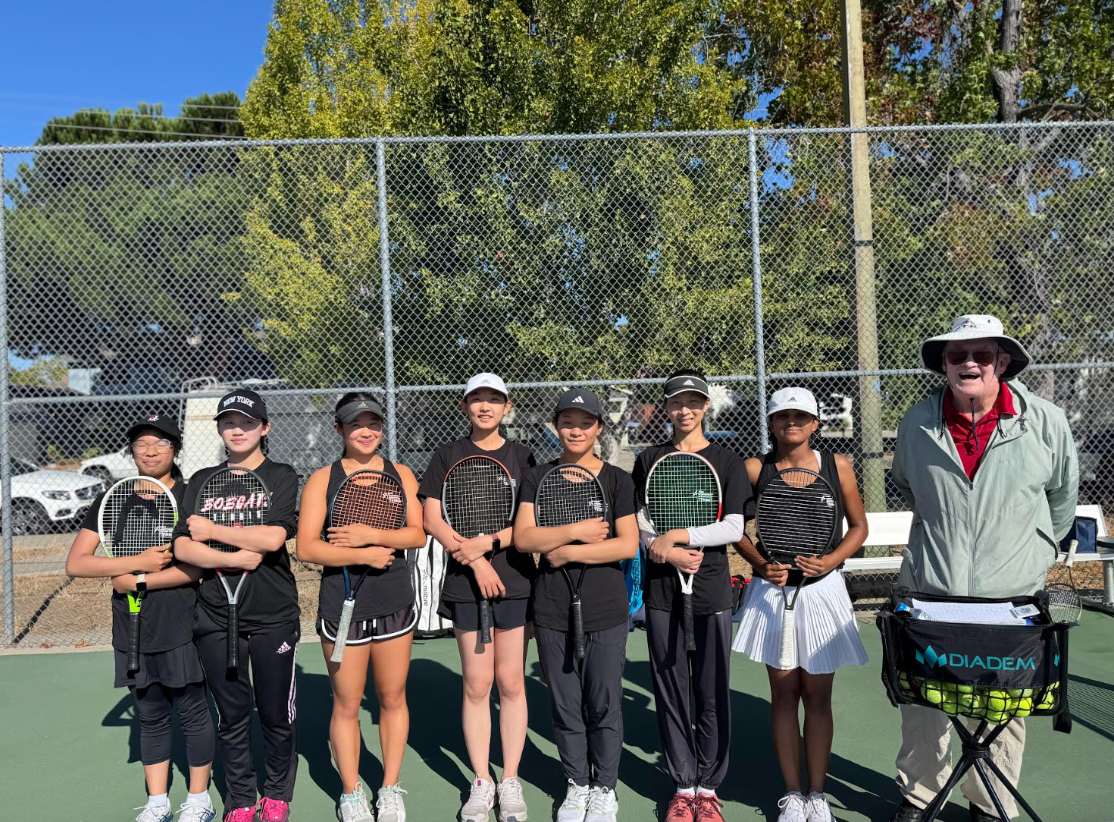





![Teacher [Milk] Tea: Part 2](https://bisvquill.com/wp-content/uploads/2024/03/Screen-Shot-2024-03-19-at-9.28.48-PM.png)

































